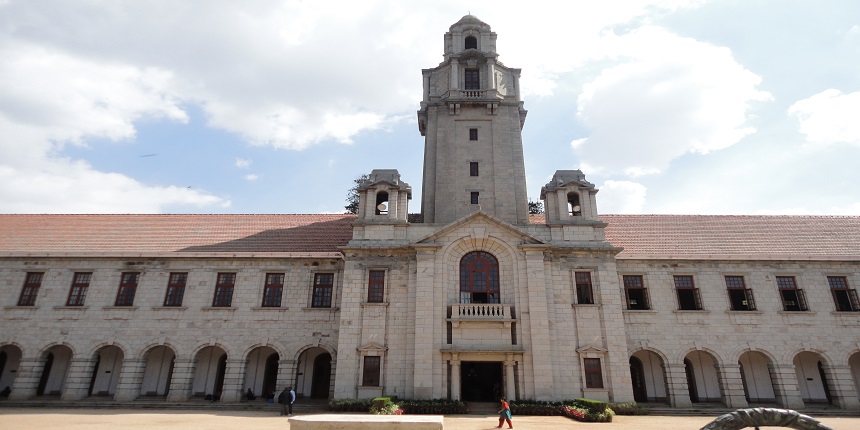IISc Bangalore, CELLINK join hands to advance research in 3D bioprinting
Press Trust of India | August 19, 2022 | 04:14 PM IST | 2 mins read
IISc and CELLINK will conduct workshops to provide researchers the skills necessary to utilise 3D bioprinting.

BENGALURU: Global 3D bioprinting firm CELLINK and the Indian Institute of Science (IISc) are partnering to establish a Centre of Excellence (CoE) that will focus on advancing research on heart, bone, cartilage and cancer through the use of 3D bioprinting. The CoE, the first of its kind in the subcontinent, will be housed in the Centre for BioSystems Science and Engineering (BSSE) at Bengaluru-based IISc. It will provide access to 3D bioprinting systems, enabling researchers to accelerate their work across critical applications, with the ultimate goal of improving health outcomes, IISc said in a statement on Friday.
An MoU was signed to formalise the collaboration on August 18. 3D bioprinting is the application of additive manufacturing techniques to live cells, growth factors and-or biomaterials to fabricate biomedical parts, often with the aim to mimic natural tissue characteristics. 3D bioprinting covers a broad range of bioprinting techniques and biomaterials. Currently, bioprinting can be used to print tissue and organ models to help research drugs and potential treatments.
The new CoE will house several state-of-the-art 3D bioprinters from CELLINK and will serve as a hub for several research initiatives and training activities related to this emerging and exciting technology, the statement said. IISc Director Prof Govindan Rangarajan said the CoE will contribute towards exploring new pathways in 3D bioprinting research and technology development. "This would also align very well with the new initiative that we have launched to establish a post graduate medical school at IISc. I hope that the interdisciplinary collaboration through the CoE will create new medical technologies for affordable healthcare," he said.
Also read | NEET AIQ, Exam Delays: Jammu-Kashmir MBBS students are looking for alternatives
IISc and CELLINK will work together to conduct workshops aimed at providing researchers within the institute, and elsewhere, the skills necessary to utilise 3D bioprinting in their work and reap the benefits of 3D cell culture, it was stated. In addition to this, the two will undertake and advise on research projects across multiple applications spanning the fields of tissue engineering, drug discovery, material science and regenerative/ personalised medicine. The Centre will have a keen focus on work around the heart, bone, cartilage and cancer, the statement said. "We are excited to host this CoE in the Institute, which will help to initiate cutting-edge research in an emerging field of technology with immense potential to benefit human health," said BSSE Chairperson professor Narendra Dixit.
Also read | Delhi University: In Covid-19 aftermath, DU awards PhD degrees posthumously
CELLINK CEO, Cecilia Edebo, said it's an honour to collaborate with one of the most prominent science institutes in India. "India has long been at the forefront of scientific discovery, and with the exceptional talent and deep-rooted passion to translate research from the benchtop to the clinic, we are confident that this Centre of Excellence will make a lasting impact on the progress within research in the fields of heart, bone, cartilage and cancer," she said.
Follow us for the latest education news on colleges and universities, admission, courses, exams, research, education policies, study abroad and more..
To get in touch, write to us at news@careers360.com.
Next Story
]‘Money is gone’: Why Indian MBBS students of Ukraine colleges see no way out
Covid-19 pandemic was bad for all, more for Indian students enrolled at medical universities in Ukraine and China. While things are looking up for those studying in China, students studying in Ukraine's medical university see no way out.
Pritha Roy Choudhury